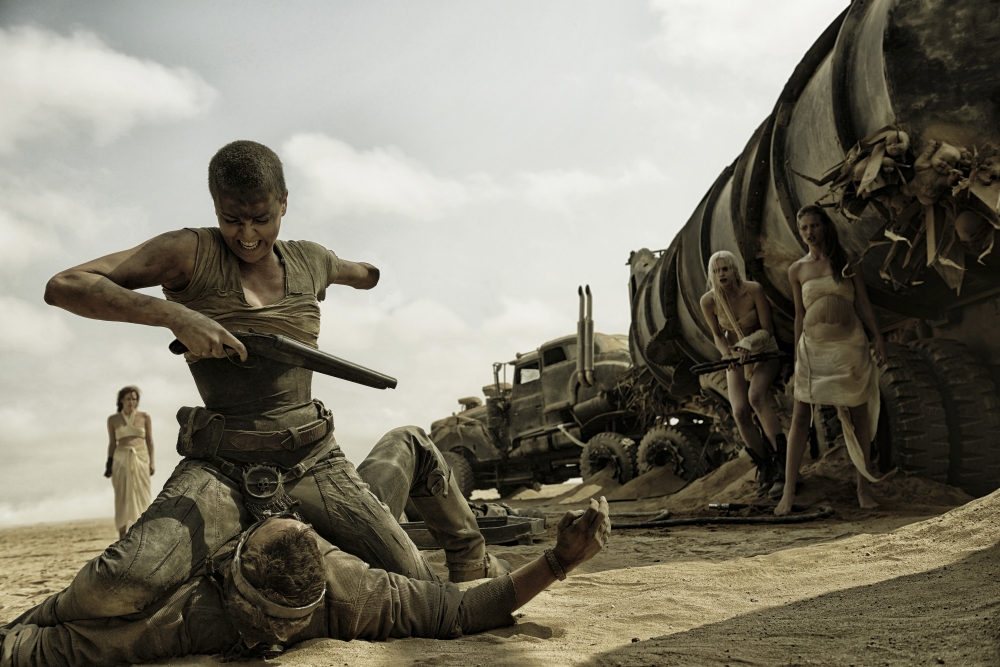
“You’re either a really good mother, or a really good hooker,” Charlize Theron acidly told the Guardian newspaper recently while promoting Mad Max: Fury Road. Is she kidding? What every rising actress wants on her resume these days is at least one badass incarnation of Wonder Woman, Katniss-Woman and who knows what other Superwomen Hollywood has in store for us.
Theron ought to know: In Mad Max she plays a warrior amputee, or an amputee warrior named Imperator Furiosa. I plan to see it, but not because of any clarion calls for “strong women characters.” For one thing, “badass,” a cliché a-borning that’s overdue for early retirement, often boils down to lazy shorthand for doing guy stuff in bodacious body armor, for which Hollywood gets an easy feminist pass.
The larger question is, should we be trying to influence or legislate how many or what kind of women characters go into a movie? I mean, if Luis Buñuel’s classic Belle de Jour were released today, would we tut-tut over Catherine Deneuve’s wealthy homemaker/hooker?
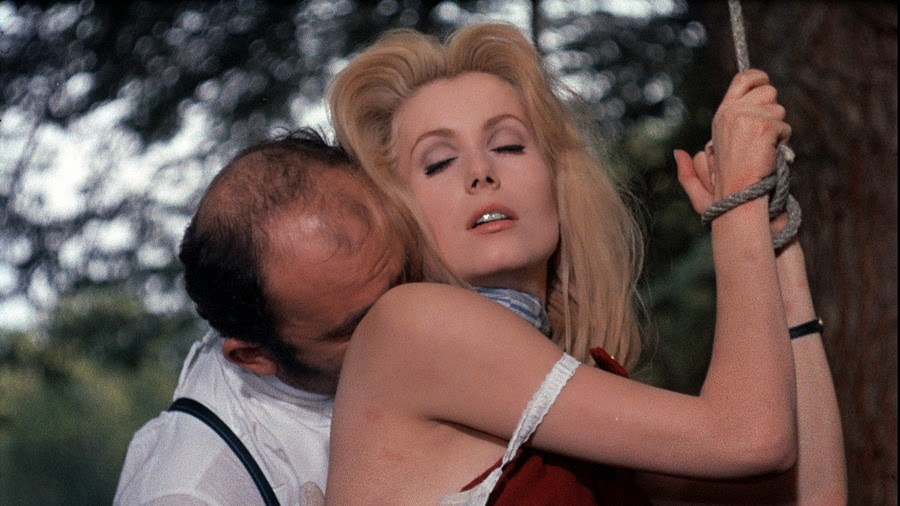
It’s great that the ACLU is going to bat for equal pay and opportunity for women in Hollywood (though I wonder if they’ll do the same for all the far more underpaid, under-promoted women in other sectors). But when these legitimate demands come hitched to calls for “more powerful women” in movies and television, I get queasy. Art, whether high, middlebrow or pop, should not be about gender (or any other) quotas, and it’s certainly not about role modeling, a sure recipe for TV movies about earth mothers supporting one another through cancer.
So I’m a little worried by the instant popularity among feminists of the Bechdel test, which took off from an exchange in Alison Bechdel’s comic strip Dykes to Watch Out For. Bechdel’s work is great, and for all I know she meant to be arch having a moviegoer insist that she’ll only see a movie with at least two women in it, who talk to each other about something other than a man.
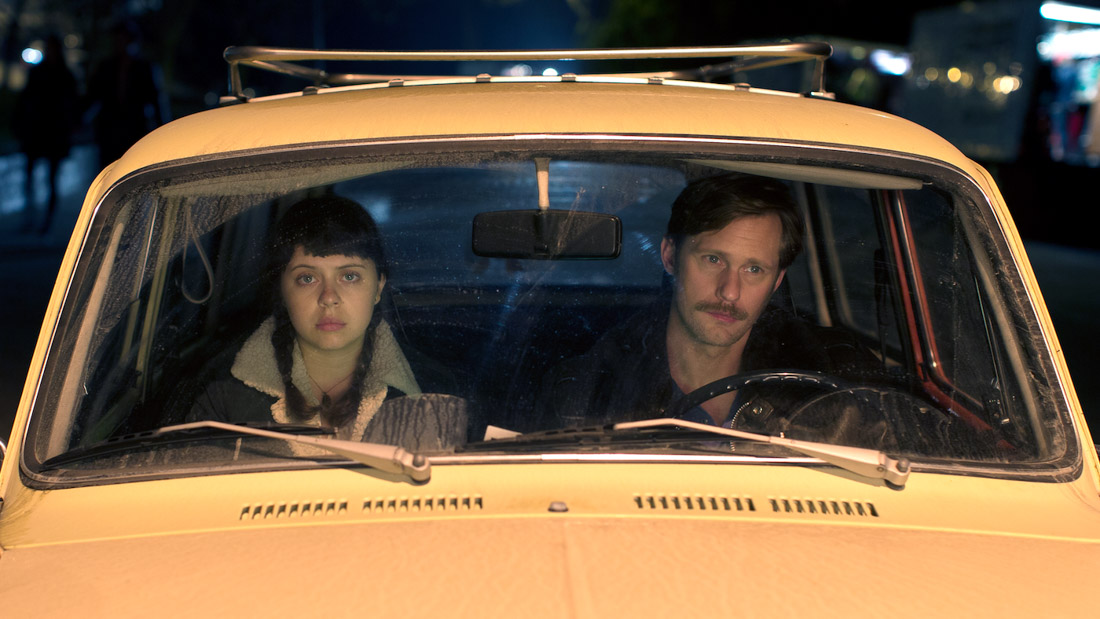
Consider this: One of the best movies of 2015 (in theaters this August) is The Diary of a Teenage Girl, in which an adolescent growing up in post-hippie, pre-punk San Francisco does nothing but babble about men. That’s the point of Marielle Heller’s wonderfully unsettling coming-of-age tale of sexual and other kinds of awakening. The girl prevails over having her virginity taken by her mother’s boyfriend, but believe me, for most of the movie she’s nobody’s definition of a strong woman. Next up for the movie’s terrific young star, Bel Powley, is a turn as Britain’s Princess Margaret, who was a big mess by every Bechdel yardstick. I can hardly wait.
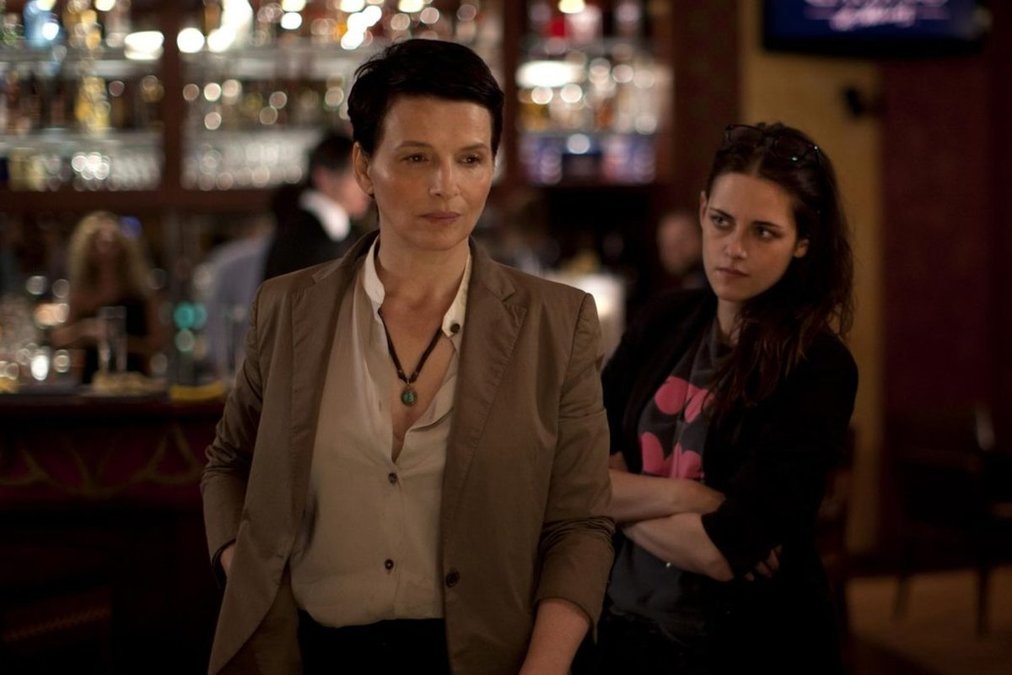
The question is not what or who is in a movie, but how they’re handled. My vote for the “women’s picture” of the year so far is Clouds of Sils Maria, which was made by a man (Olivier Assayas) about a woman who thinks she owns her world and winds up confronting her own frailties and the heedless cruelty of an Eve Harrington clone who wants her job. On the other hand, the recently released thriller Every Secret Thing comes studded with heavyweight women in front and back of the camera. Adapted by Nicole Holofcener from a novel by Laura Lippman and directed by Amy Berg, the movie passes the Bechdel test with flying colors. It’s just not very good. And you know what? That’s all right too, it’s Berg’s first narrative feature. Let’s give women the same rights as men enjoy — to fail without being bounced from the business on their first try. And by the way, Hollywood, Elizabeth Banks’ Pitch Perfect 2 opened bigger than Mad Max.
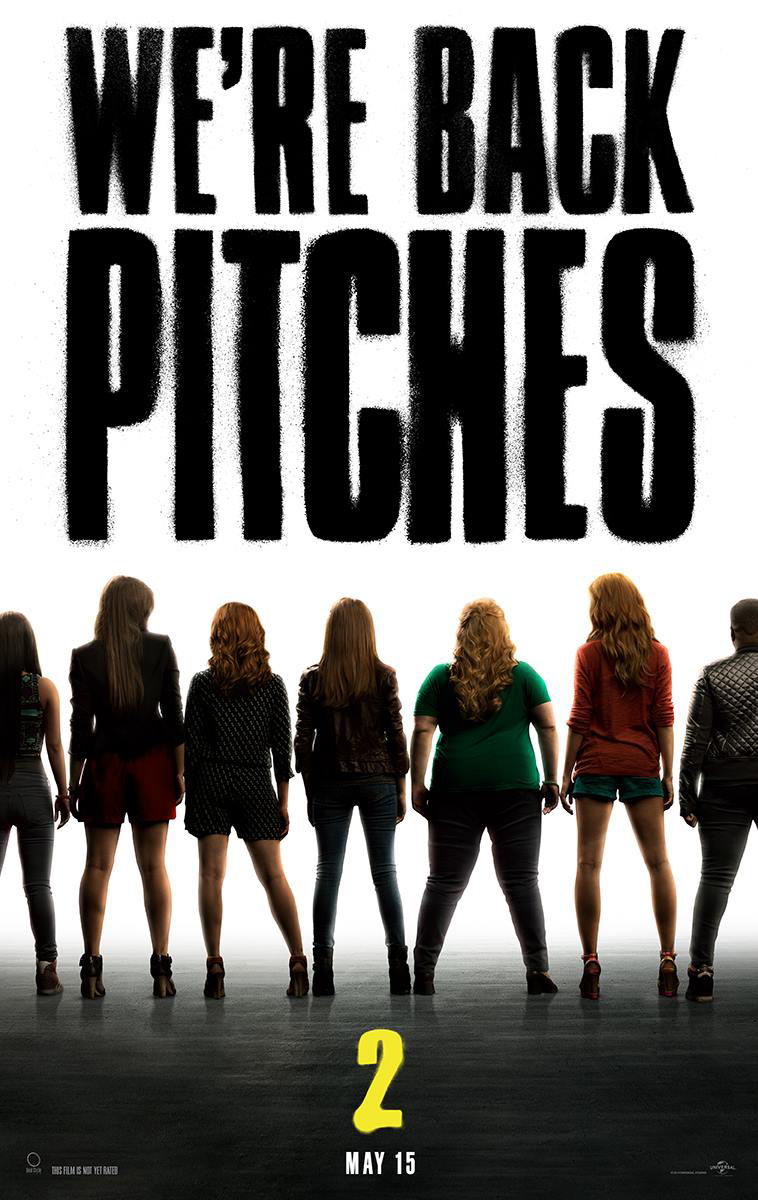
My point is not that we should leave women’s pictures to the guys, or that all movies should be about fragile women. But let’s stop counting how many women there are in a movie, and what kind, and whether they set an example. Let’s reach for equal pay and opportunity, then get out of the way of content and leave the field wide open for women—and men—to make great movies in every genre about whomever and whatever they damn well please.

You want redemption? Go see Andrew Bujalski’s hilariously atonal new romantic comedy Results, which features How I Met Your Mother’s Cobie Smulders as an obsessive fitness trainer who’s way aggressive and never lets a restaurant check go unquestioned. She’s not a mother, or a hooker, and she’s not a badass in any recognized sense of the word. She’s funny and neurotic and strong and difficult to the point of unbearable—and two men are fighting over her.
Ella Taylor teaches in the School of Cinema at the University of Southern California and contributes film reviews and features at NPR.org, Variety, and other publications. In a former life she was a sociologist.



